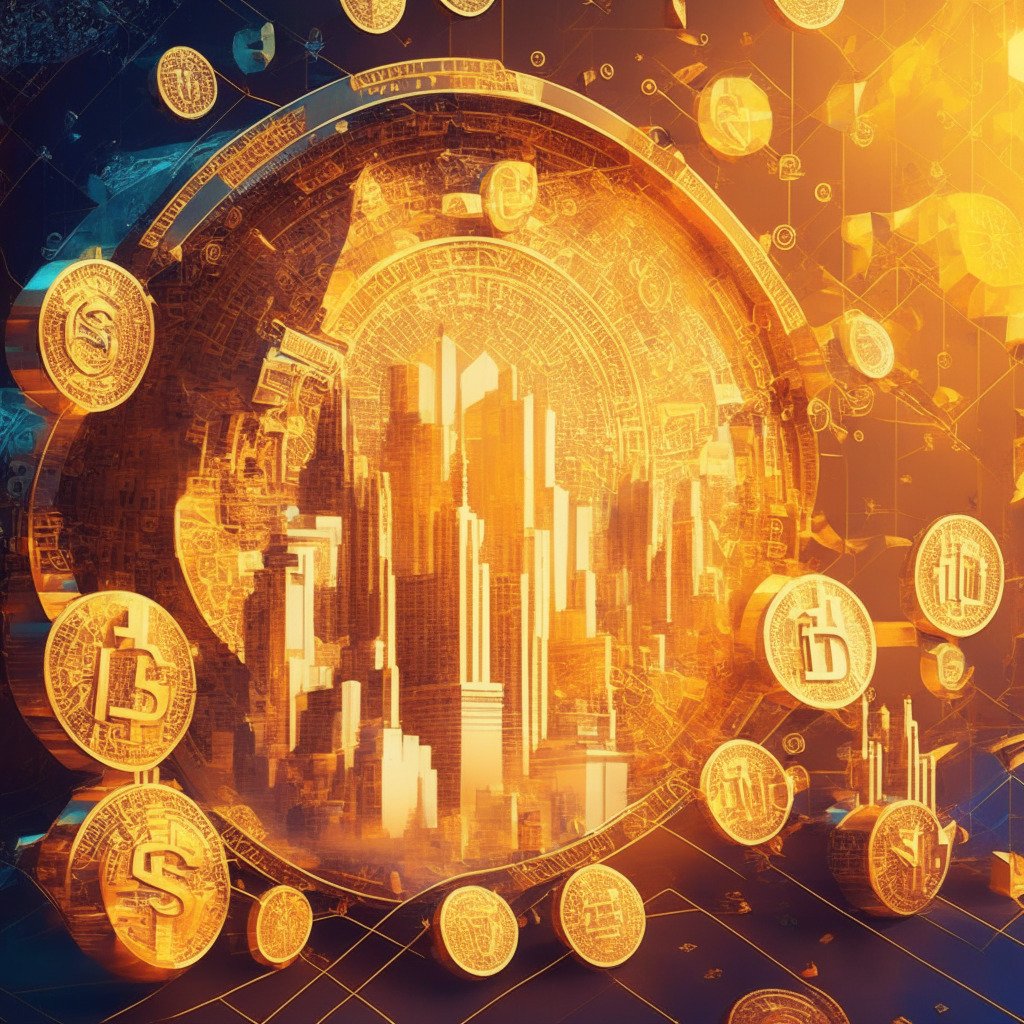It’s clear that the payments giant, PayPal, is far from done with its crypto-related endeavors. The company recently filed numerous patent applications, signaling its intent to expand and dive deeper into various domains within the cryptocurrency ecosystem. These developments have elicited a mixed response from the crypto community, with supporters applauding PayPal’s entry as positive reinforcement for cryptocurrency adoption, and sceptics casting doubt over its long-term implications on decentralization.
At the heart of these developments is PayPal’s document submitted in March 2022, which outlines new techniques for “steering blockchain requests to a desired subset of miners or validators.” These miners or validators play a critical role in adding transactions to the blockchain, a task fundamental to the functioning of cryptocurrencies.
Simultaneously, a series of other patent applications highlight different aspects of PayPal’s multi-pronged approach to the crypto world. One reveals PayPal’s attempt at embracing the trend of non-fungible tokens (NFTs) by enabling off-chain transactions in NFT marketplaces. According to the referred application, users would be able to buy or sell NFTs through an unspecified third-party service, subtly mentioning Ethereum in the text.
Critics have raised concerns about PayPal acting as a centralized figure in this decentralized marketplace, while proponents argue that this will make NFT trading more accessible and seamless for users.
PayPal’s strides in the crypto space don’t end there. Another patent introduces an “omniverse” that operates across multiple metaverses, drawing upon a user’s blockchain preferences to offer personalized recommendations for digital asset purchases.
Addressing the common inefficiencies in cross-layer payments, one of PayPal’s proposed solutions is an online transaction processor that facilitates payments between users and merchants operating on different network layers (layer-1s and layer-2s).
Regardless of mixed reviews, PayPal continues to extend its range of crypto products and services, from announcing the rollout of its PYUSD stablecoin to launching a feature for holding and interacting with Bitcoin (BTC) and other cryptocurrencies. Upcoming features include seamless conversion services for digital currencies into US dollars and a dedicated Cyrptocurrencies Hub.
Even as PayPal’s ventures raise questions about the future of decentralization and universal access to financial services, there’s no denying that these developments are indeed shaping a new paradigm for the intersection of traditional finance and the burgeoning cryptocurrency ecosystem.
Source: Cryptonews




